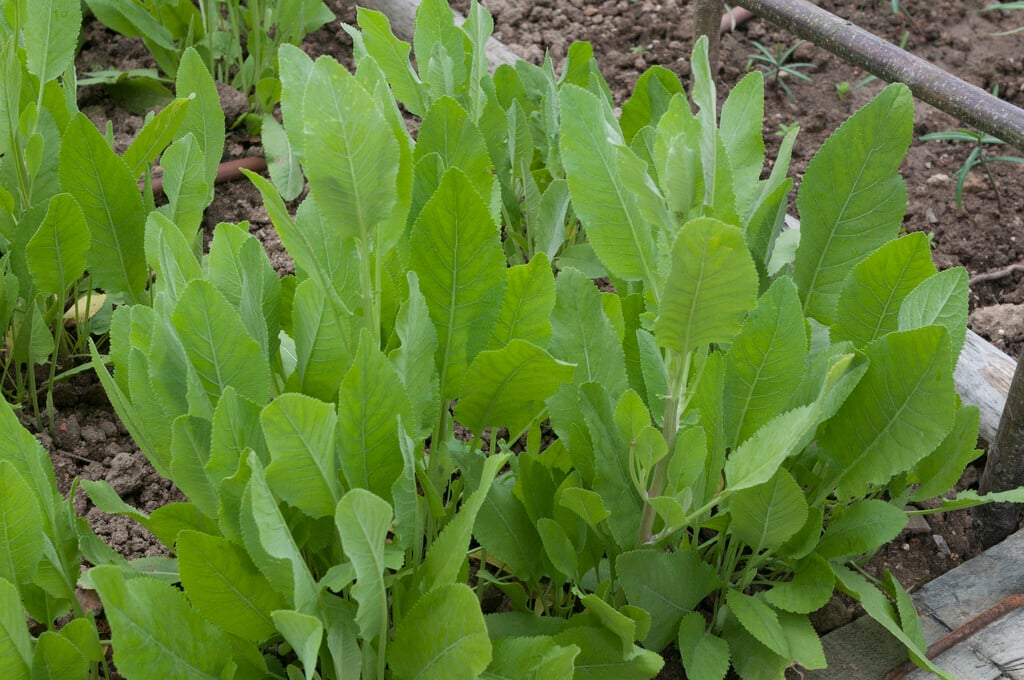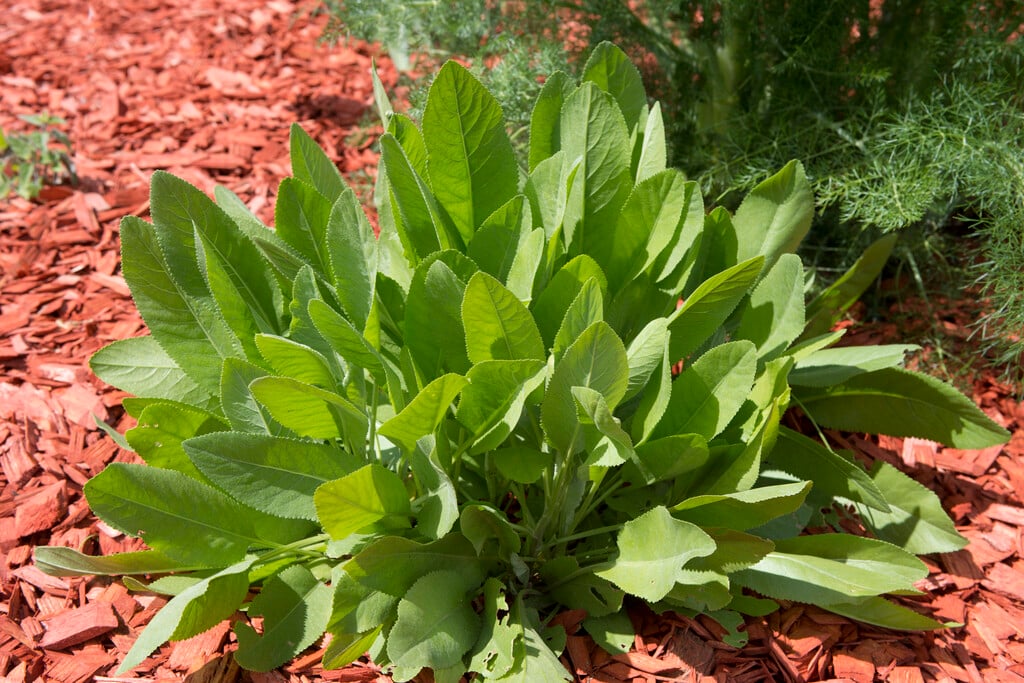Tanacetum balsamita
costmary
A spreading, woody-based perennial with balsam-scented, oblong, grey-green leaves and loose corymbs of small, daisy-like flowers with yellow disk florets and short white rays, in late summer and early autumn
Other common names
alecostbeaver tongue
see moreBible leaf
bitter buttons
camphor plant
cologne plant
cost
costermary
lady's balsam
lady's flower
lady's herb
mace
mint geranium
Patagonian mint
tongue plant
sweet Mary
Synonyms
Balsamita suaveolensChrysanthemum grande
see moreChrysanthemum balsamita
Chrysanthemum balsamita var. tanacetoides
Balsamita major
Balsamita vulgaris
Size
Ultimate height
0.5–1 metresTime to ultimate height
2–5 yearsUltimate spread
0.1–0.5 metresGrowing conditions
Moisture
Well–drainedpH
Acid, Alkaline, NeutralColour & scent
| Stem | Flower | Foliage | Fruit | |
| Spring | ||||
|---|---|---|---|---|
| Summer | White Yellow | |||
| Autumn | White Yellow | |||
| Winter |
Position
- Full sun
- Partial shade
Aspect
South–facing or West–facing or East–facing
Exposure
Exposed or Sheltered Hardiness
H7Botanical details
- Family
- Asteraceae
- Native to GB / Ireland
- No
- Foliage
- Deciduous
- Habit
- Bushy
- Potentially harmful
- Contact may irritate the skin. Wear gloves and other protective equipment when handling
- Genus
Tanacetum can be annuals, evergreen or herbaceous perennials or sub-shrubs, with simple or pinnately divided leaves and solitary or clustered, terminal, daisy-like or button-like flower-heads
- Name status
Correct
- Plant range
- S Europe, SW Asia
How to grow
Cultivation
Grow in any light, well-drained soil in full sun or partial shade for leafier growth
Propagation
Propagate by seed or semi-hardwood cuttings in summer
Suggested planting locations and garden types
- City and courtyard gardens
- Cottage and informal garden
- Wildlife gardens
- Mediterranean climate plants
- Flower borders and beds
Pruning
Cut back after flowering
Pests
May be susceptible to aphids, leaf and bud eelworms and leaf-mining flies
Diseases
Generally disease-free
Love gardening
Sign up to receive regular gardening tips, inspiration, offers and more
View our Privacy Policy
Get involved
The Royal Horticultural Society is the UK’s leading gardening charity. We aim to enrich everyone’s life through plants, and make the UK a greener and more beautiful place.

